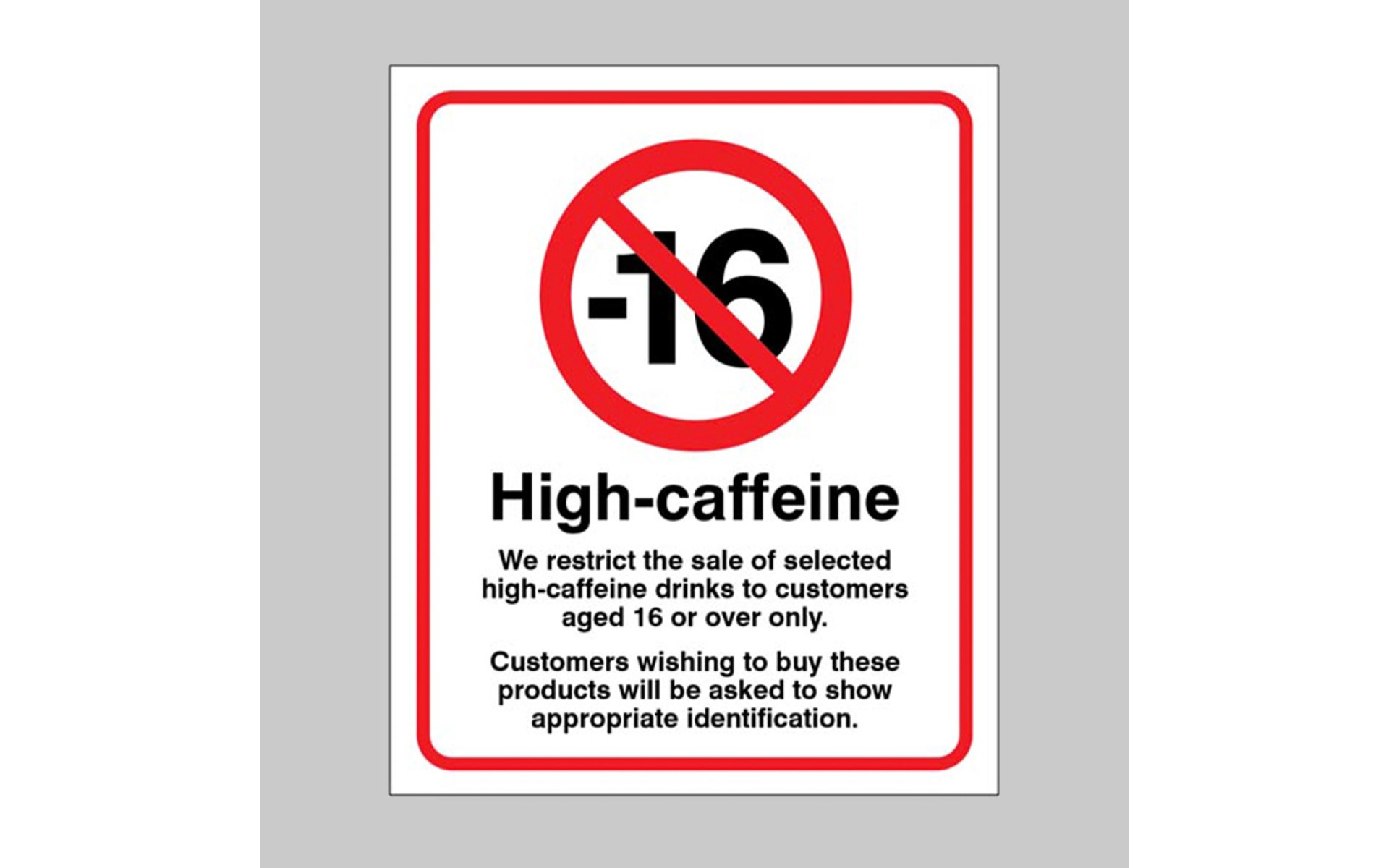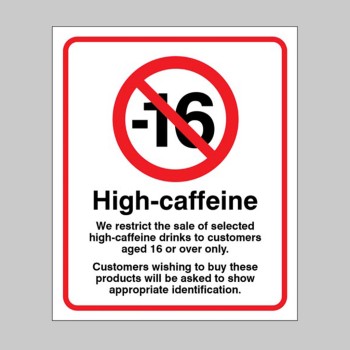England's Proposed Ban on Energy Drink Sales to Under-16s: What You Need to Know
In recent months, the UK government has taken steps to tighten regulations around the sale of high-caffeine energy drinks. A new law has been proposed that would ban the sale of such drinks to anyone under the age of 16. The move is designed to protect young people from the potential health risks linked to these highly caffeinated products.
What the Law Covers
The ban would apply to energy drinks that contain more than 150 mg of caffeine per litre. This includes many well-known brands sold in convenience stores, supermarkets, restaurants, and even online. Retailers of all sizes—from small corner shops to major chains—would be required to comply.
Importantly, the law does not cover regular soft drinks, tea, or coffee, as these typically contain much lower levels of caffeine.
Energy drinks are popular among teenagers, but health experts have long raised concerns about their effects on young people. The government’s consultation paper highlights that children who regularly consume energy drinks are more likely to experience both mental and physical health problem and research has linked high consumption of caffeine among children and teens to:
• Sleep disturbances
• Anxiety and irritability
• Poor concentration and academic performance
• Increased risk of obesity and dental issues
Enforcement and Penalties
If the law is enacted, it will be enforced under the Food Safety Act 1990, with trading standards and local authorities overseeing compliance. Retailers caught selling high-caffeine energy drinks to under-16s could face fines and potential criminal charges.
Public and Industry Response
This proposal has sparked mixed reactions. Many parents, teachers, and health campaigners welcome the move, seeing it as a step toward safeguarding children’s health. On the other hand, some retailers and industry groups argue that the decision should rest with parents, not the government, and warn of possible impacts on sales and consumer choice.
What Happens Next?
At present, the ban is still in the consultation stage, meaning the government is gathering feedback from the public, retailers, and health experts. Once finalised, the law will be introduced through secondary legislation, and a clear start date will be announced.
If passed, England will follow in the footsteps of countries like Lithuania, Latvia, and Norway, where similar age restrictions on energy drinks are already in place.
Final Thoughts
The UK’s proposed under-16 energy drink ban reflects growing awareness of the impact of diet and lifestyle on young people’s health. Whether you’re a parent, a retailer, or a young consumer, this is a change worth watching closely. If introduced, it will mark a significant shift in how we regulate caffeinated products for children.
Your Thoughts
Would you support this ban, or do you think the decision should be left up to families? Share your thoughts in the comments below.


